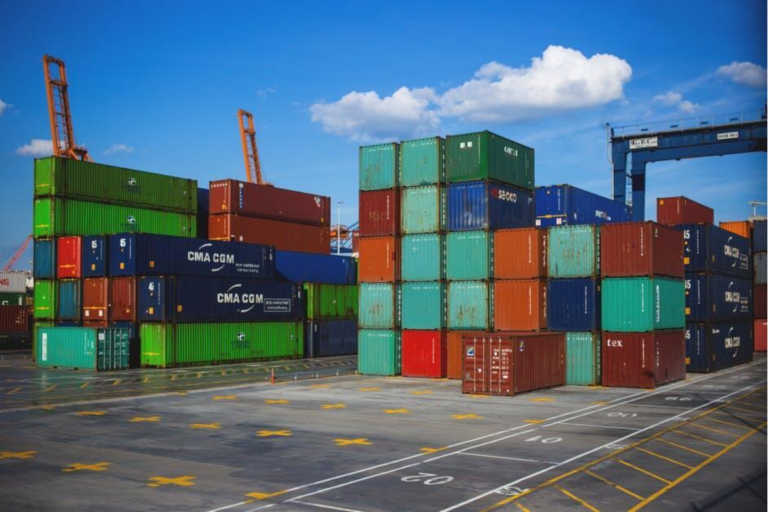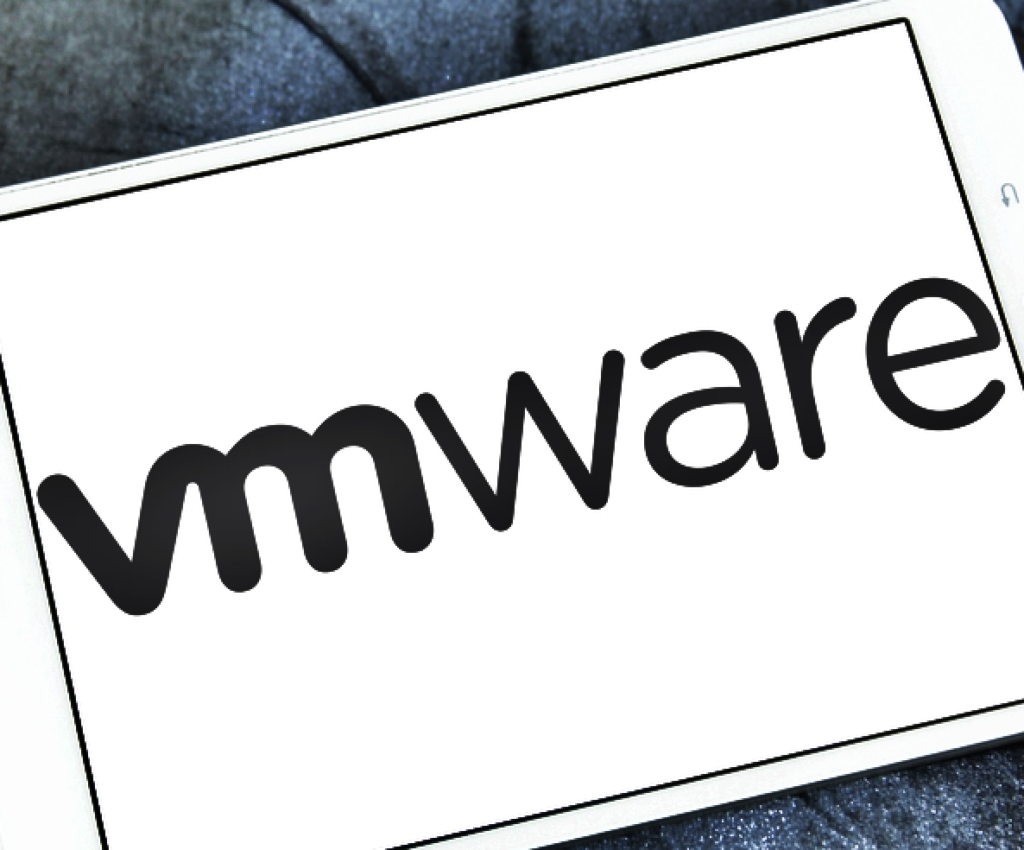Trusted sources report that Michael Dell is considering a potential reverse merger with VMware, a process that is intended to take Dell Technologies public again.
The decision is a few days away, but just as always, the deal can fall through or it might change.
Post Contents
What is a Reverse Merger?
Before we check out the details of the deal, let us look at what it is.
Also referred to as a reverse takeover (RTO), a reverse merger is a transaction that converts a private entity into a public company without undergoing the process of paperwork and initial public offerings.
The process starts when the privately held company, in this case, Dell Technologies, establishes a public shell company.
The shareholders in the private company then sell the shares to the public shell company.
By doing this, the shareholders in the private company maintain their control and ownership of the company when it goes public.
Why Go for a Reverse Merger?
There are many reasons why a company decides to go public. The major reason is to get more financing options to choose from. A public company gives investors an offer to exercise warrants.
Going public also has a number of benefits to Dell Technologies. It increases their liquidity and allows for valuation of the company based its stock.
It also gives Dell the power to acquire other companies through stock transactions while allowing it to attract new employees through stock incentives.
In this arrangement, VMware buys the bigger Dell Technologies, which then allows Dell to go public without undergoing a formal listing.
Is This Tech’s Biggest Deal Ever?
Back to the developing story, the reverse merger could see VMware buy Dell Technologies. Dell currently owns 80 percent of VMware.
The main reason Dell has decided to take this route is for the shareholders to make some profit after the decision to go private in 2013.
The move is also expected to give Dell enough funds to pay off some debts that total up to approximately $50 billion.
After acquiring VMware in 2015, times have changed. Initially, VMware was seen as a viable option because most companies were into virtualization.
The process allowed companies to run their services more efficiently by packing several virtual computers on a single hardware.
As it stands, the business model of the company is under heavy threat as most businesses take their applications to the cloud.
After the news, VMware’s stock plummeted, going down by 8.5 percent at its lowest.
Dell’s Options
Till the deal is done, Dell might opt for other options. The company might decide to pursue a more traditional approach, going for the conventional public offering.
It is also considering several other options including the purchase of the remaining VMware stake that it doesn’t own (20 percent).
What is At Stake?
The value of Dell isn’t known because it is a private company.
However, the company went private in a $24.4 billion deal in 2013 and then acquired EMC in 2015 for $67 billion, which still remains the biggest tech acquisition of all time.
As it stands, we have to wait and see what happens.






























